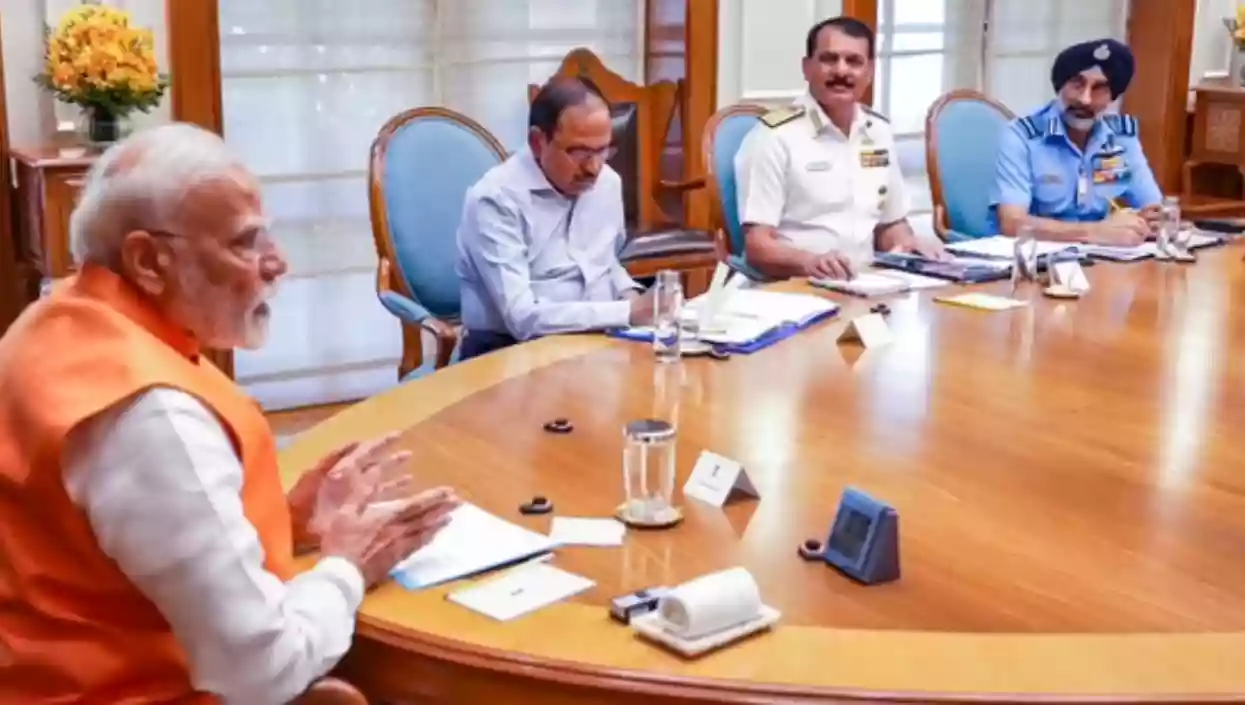Taaza TV Exclusive: Samik Bhattacharya says "BJP won't repeat 2021 mistakes" | Watch
.gif)
.gif)

In the wake of the devastating Pahalgam terror attack that claimed 26 lives, the Indian government has restructured the National Security Advisory Board (NSAB), appointing former Research and Analysis Wing (RAW) chief Alok Joshi as its new chairman. The move signals a sharpened focus on enhancing internal and cross-border threat assessment mechanisms.
The new seven-member board now includes a robust lineup of experienced figures from the armed forces and civil services. Key members are Air Marshal PM Sinha, Lt General AK Singh, and Rear Admiral Monty Khanna, who bring decades of military expertise. Also inducted are Rajiv Ranjan Verma and Manmohan Singh, both retired senior IPS officers, and B Venkatesh Varma, a seasoned former Indian Foreign Service official.
The NSAB functions as an elite group of external national security experts, offering independent inputs to the National Security Council Secretariat. With a mandate spanning internal security, strategic affairs, defence, foreign policy, and technology, it plays a pivotal role in guiding India’s security policies from outside the conventional bureaucracy.
The revamp follows the April 22 Pahalgam attack in Jammu & Kashmir that left 25 Indian tourists and one Nepali citizen dead. In response, the Cabinet Committee on Security (CCS) convened emergency meetings, discussing operational preparedness and cross-border linkages of the attack. These meetings underlined the need for stronger advisory structures.
Prime Minister Narendra Modi, who chaired the high-level discussions, conveyed full operational freedom to the armed forces, reaffirming the government's zero-tolerance stance on terrorism. He also declared that those behind the attack would face consequences "beyond their imagination."
Additionally, India announced the suspension of the Indus Water Treaty, sending a strong diplomatic message to Pakistan, which is suspected of backing the attack. With rising tensions, the newly reconstituted NSAB is expected to provide sharper strategic insights and assist the government in recalibrating its long-term security posture.